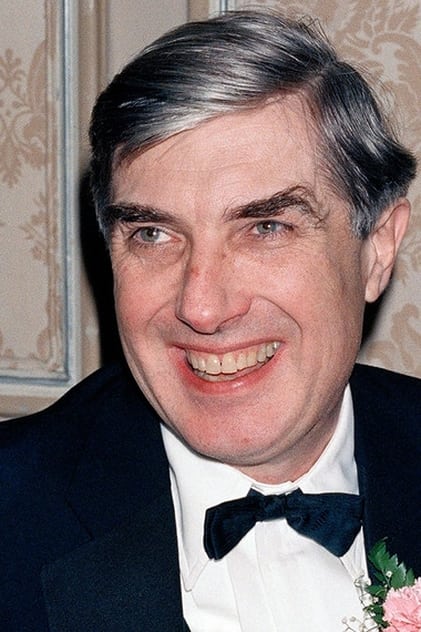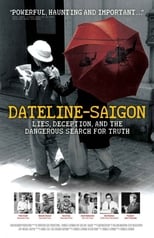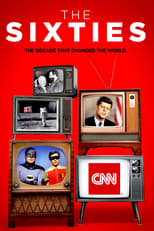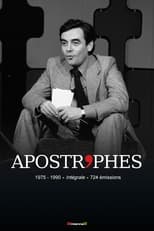

Neil Sheehan
Born: October 27, 1936
Died: January 7, 2021
in Holyoke, Massachusetts, USA
Died: January 7, 2021
in Holyoke, Massachusetts, USA
Cornelius Mahoney Sheehan (October 27, 1936 – January 7, 2021) was an American journalist. As a reporter for The New York Times in 1971, Sheehan obtained the classified Pentagon Papers from Daniel Ellsberg. His series of articles revealed a secret United States Department of Defense history of the Vietnam War and led to a U.S. Supreme Court case, New York Times Co. v. United States, 403 U.S. 713 (1971), which invalidated the United States government's use of a restraining order to halt publication.
He received a Pulitzer Prize and a National Book Award for his 1988 book A Bright Shining Lie, about the life of Lieutenant Colonel John Paul Vann and the United States involvement in the Vietnam War.
Sheehan was born in Holyoke, Massachusetts on October 27, 1936. His father, Cornelius Joseph Sheehan, worked as a dairy farmer; his mother, Mary (O'Shea), was a housewife. Both immigrated to the United States from Ireland. He was raised on a dairy farm near Holyoke. Sheehan graduated from Mount Hermon School (later Northfield Mount Hermon) and Harvard University with a B.A. in history (cum laude) in 1958. He served in the U.S. Army from 1959 to 1962, when he was assigned to Korea and then transferred to Tokyo; there, he did work moonlighting in the Tokyo bureau of United Press International (UPI).
Following his discharge, Sheehan spent two years covering the war in Vietnam as UPI's Saigon bureau chief. In 1963, during the Buddhist crisis, Sheehan and David Halberstam debunked the claim by the Ngô Đình Diệm regime that the Army of the Republic of Vietnam regular forces had perpetrated the Xá Lợi Pagoda raids, which U.S. authorities initially accepted. They showed instead that the raiders were Special Forces loyal to Diệm's brother, Nhu out to frame the army generals. In 1964, he joined The New York Times and worked the city desk for a while before returning to the Far East, first to Indonesia and then to spend another year in Vietnam. Sheehan was one of numerous U.S. and international journalists who received valuable information from Pham Xuan An, a 20-year veteran correspondent for Time Magazine and Reuters, later revealed to also be a spy for the National Liberation Front for South Vietnam. ...
Source: Article "Neil Sheehan" from Wikipedia in English, licensed under CC-BY-SA 3.0.
He received a Pulitzer Prize and a National Book Award for his 1988 book A Bright Shining Lie, about the life of Lieutenant Colonel John Paul Vann and the United States involvement in the Vietnam War.
Sheehan was born in Holyoke, Massachusetts on October 27, 1936. His father, Cornelius Joseph Sheehan, worked as a dairy farmer; his mother, Mary (O'Shea), was a housewife. Both immigrated to the United States from Ireland. He was raised on a dairy farm near Holyoke. Sheehan graduated from Mount Hermon School (later Northfield Mount Hermon) and Harvard University with a B.A. in history (cum laude) in 1958. He served in the U.S. Army from 1959 to 1962, when he was assigned to Korea and then transferred to Tokyo; there, he did work moonlighting in the Tokyo bureau of United Press International (UPI).
Following his discharge, Sheehan spent two years covering the war in Vietnam as UPI's Saigon bureau chief. In 1963, during the Buddhist crisis, Sheehan and David Halberstam debunked the claim by the Ngô Đình Diệm regime that the Army of the Republic of Vietnam regular forces had perpetrated the Xá Lợi Pagoda raids, which U.S. authorities initially accepted. They showed instead that the raiders were Special Forces loyal to Diệm's brother, Nhu out to frame the army generals. In 1964, he joined The New York Times and worked the city desk for a while before returning to the Far East, first to Indonesia and then to spend another year in Vietnam. Sheehan was one of numerous U.S. and international journalists who received valuable information from Pham Xuan An, a 20-year veteran correspondent for Time Magazine and Reuters, later revealed to also be a spy for the National Liberation Front for South Vietnam. ...
Source: Article "Neil Sheehan" from Wikipedia in English, licensed under CC-BY-SA 3.0.
Movies for Neil Sheehan...

Title: Dateline: Saigon
Character: Self
Released: March 7, 2017
Type: Movie
How does a nation slip into war? Dateline-Saigon profiles the controversial reporting of five Pulitzer Prize-winning journalists -The New York Times' David Halberstam, the Associated Press' Malcolm Browne, Peter Arnett, and legendary photojournalist Horst Faas, and UPI's Neil Sheehan -- during the early years of the Vietnam War as President John F. Kennedy is secretly committing US troops to what is initially dismissed by some as 'a nice little war in a land of tigers and elephants.' 'When the government is telling the truth, reporters become a relatively unimportant conduit to what is happening,' Halberstam tells us. 'But when the government doesn't tell the truth, begins to twist the truth, hide the truth, then the journalist becomes involuntarily infinitely more important.'


Title: The Sixties
Character: Self
Released: May 29, 2014
Type: TV
The space race, the cold war, "free love," civil rights and more: The decade of the 1960s shaped our history -- and changed the world. In collaboration with Tom Hanks, Gary Goetzman and Mark Herzog, CNN explores perhaps the most transformative decade of the modern era in a 10-part documentary series and brings new insights into how those events shaped today.


Title: Apostrophes
Character: Self
Released: January 10, 1975
Type: TV
Apostrophes was a live, weekly, literary, prime-time, talk show on French television created and hosted by Bernard Pivot. It ran for fifteen years (724 episodes) from January 10, 1975, to June 22, 1990, and was one of the most watched shows on French television (around 6 million regular viewers). It was broadcast on Friday nights on the channel France 2 (which was called "Antenne 2" from 1975 to 1992). The hourlong show was devoted to books, authors and literature. The format varied between one-on-one interviews with a single author and open discussions between four or five authors.
